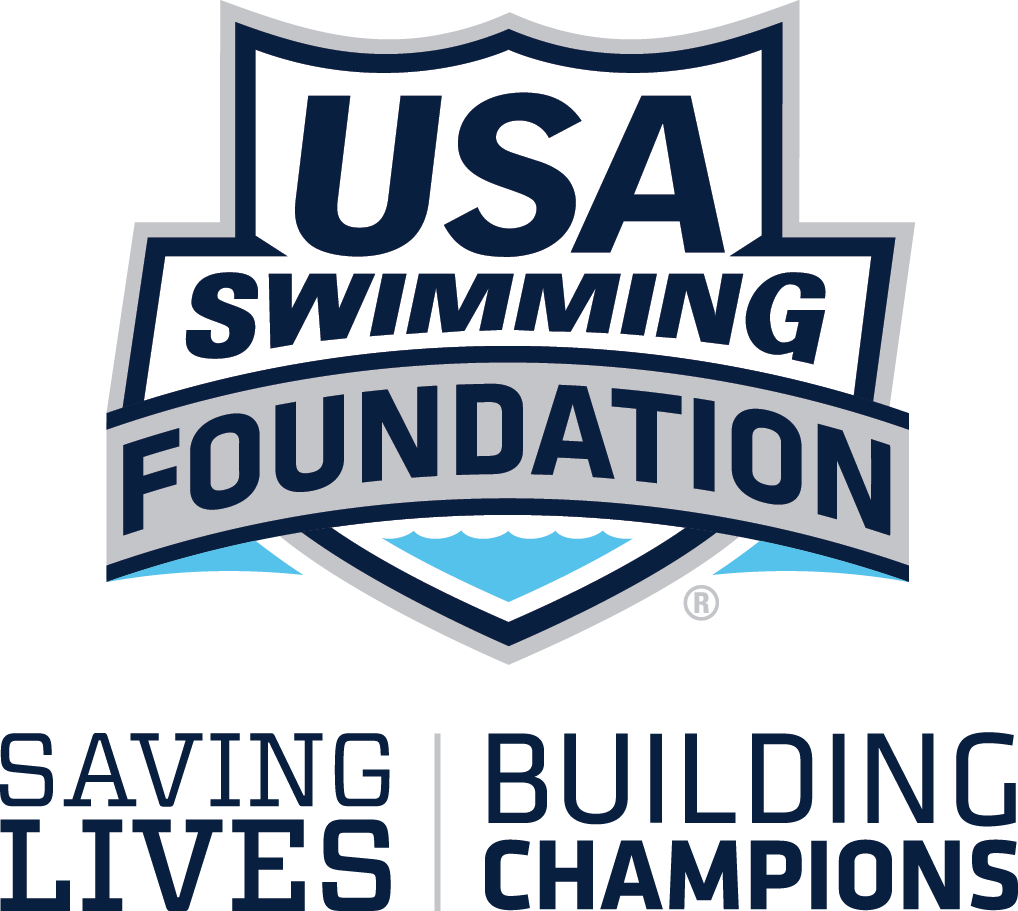The YMCA of Greater Cleveland has been a trusted leader in aquatic safety, instruction, and recreation for generations. Whether you're learning to swim for the first time, perfecting your strokes, training for competition, or just looking for a low-impact workout, our wide range of aquatics programs offer something for everyone—at every age and ability level.
From infants to seniors, beginners to elite swimmers, and casual water lovers to certified lifeguards, the Y’s pools are a place to build confidence, improve health, and have fun.
Explore Our Aquatics Programs
Click any program below to learn more:
Swim Lessons
Our progressive swim lessons help participants build skills and confidence in the water, starting with water safety and advancing through stroke development. We offer group and private lessons for infants, children, teens, and adults.
Early Childhood Swim Stages
- A: Water Discovery
- B: Water Exploration
These introductory levels are focused on helping babies and toddlers become comfortable and safe in the water alongside a parent or caregiver.
Youth & Teen Swim Stages
- Level 1: Water Acclimation
- Level 2: Water Movement
- Level 3: Water Stamina
- Level 4: Stroke Introduction
- Level 5: Stroke Development
- Level 6: Stroke Mechanics
Swim Team
Join one of our competitive swim teams, including the Geauga Otters, French Creek Rubber Ducks, or RYD Dolphins (North Royalton). Our teams welcome youth of various skill levels and emphasize sportsmanship, team-building, and personal achievement.
Lifeguard Certification
Earn your American Red Cross Lifeguard Certification and learn lifesaving water rescue skills, CPR, and emergency response. Great for job seekers, career starters, or anyone passionate about water safety.
Aquatic Fitness
Improve your strength, flexibility, and cardiovascular health with low-impact, water-based fitness classes—ideal for all ages and fitness levels.
Private Swim Lessons
Looking for one-on-one instruction or extra support? Our private swim lessons are tailored to your individual goals and schedule.
Private Lessons Details
Aquatics Employment Opportunities
Love the water? Turn your passion into purpose by joining our aquatics team as a lifeguard, swim instructor, or water fitness leader. ? Aquatics Job Openings
Why Choose YMCA Aquatics?
- ✔ Certified instructors and evidence-based curriculum
- ✔ Welcoming environment for all ages, backgrounds, and ability levels
- ✔ Focus on safety, skill-building, and confidence
- ✔ Indoor, year-round pools at multiple branch locations
- ✔ Opportunities to grow—from beginner to team swimmer to certified instructor
Find a YMCA Pool Near You
Aquatics programming is available at multiple YMCA of Greater Cleveland branches. Contact your local Y for schedules, availability, and registration details.
Join Us in the Pool
Whether you’re taking your first dip or training for your next big meet, the YMCA is here to help you thrive in the water and beyond.
Ready to get started?
Explore individual aquatics program pages or speak with your local Y staff to find the right fit for you or your family.
